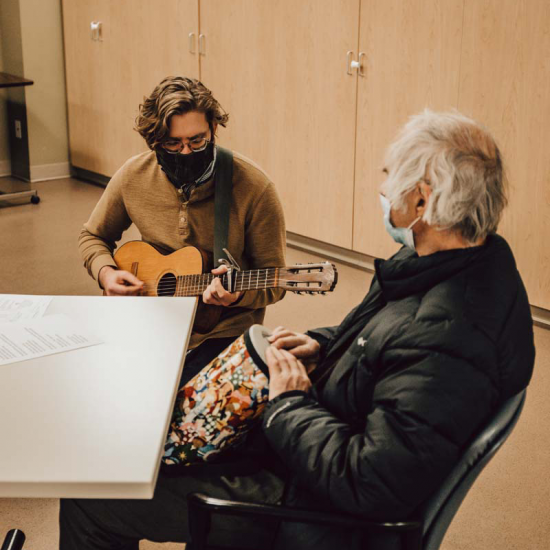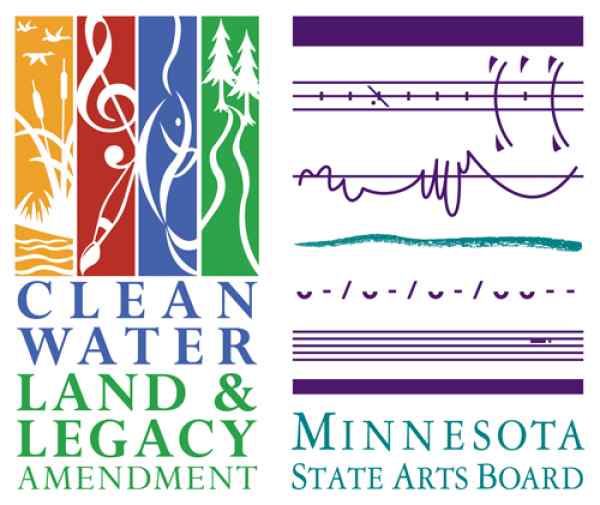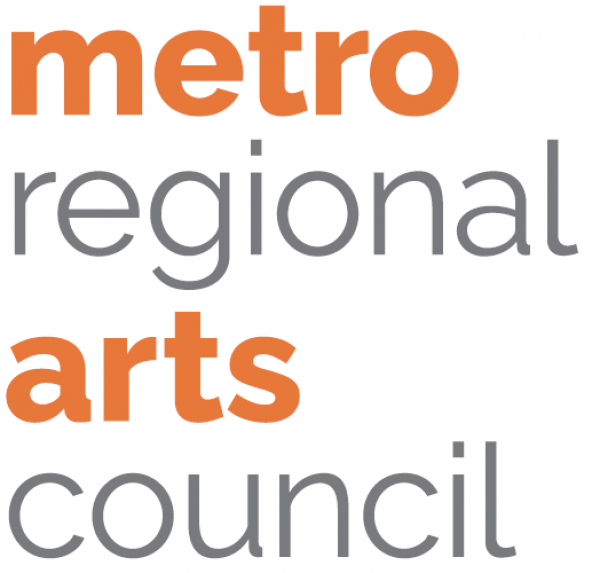“Within five minutes, one of those guys was giving an impromptu solo over whatever we were doing,” says Ryan, an arts researcher at Wilder Research as well as a participatory artist and musician. “I wouldn’t call it scatting but he was making vocal sounds or melodies that sounded really cool. By the end of it the other guy and I were singing a duet together.”
Wilder Connect gives participants engaging activities and caregivers a break
Experiences like Sunny Songs are one of the benefits of Wilder Connect, an in-person, long-term care support program for people living with memory loss, Parkinson’s disease and neurodegenerative disorders. Wilder Connect provides groups of up to seven participants with four hours of engaging activities and healthy meals, while offering rest and self-care time for their family and friend caregivers.
With so many caregivers and care partners isolated during the pandemic, Wilder employees Ellen Baker and Christa Schwarting recognized the need for caregivers to get a break and for people with memory loss or Parkinson’s disease to enjoy the kinds of activities and routine that support their cognitive functions. “Our goal was to really help families,” Christa says.
They modeled the new program on successful activities in the former Adult Day Health program. Along with a social hour, exercise such as tai chi and yoga, cognitive activities such as trivia, and lunch, Wilder Connect participants take part in art, music and storytelling. This collaboration with artists from the community can help people find meaning in new and familiar activities and make friendships.
Results show that these arts activities help participants strengthen relationships. Cassandra Harvey, manager of Healthy Aging and Caregiver Services at Wilder, points to surveys that showed that 50 percent of participants said they weren’t sure or they didn’t think they could make new friends before they started art activities. In surveys after the activities, 84 percent of participants said they made a new friend or strengthened a friendship.
Art is in the interaction
For Ryan, singing is an arts-based way to help people build relationships. “The art is interacting with the people who are in the space with you,” he says. “This is not a service; this is us doing art together.”
The inspiration for Sunny Songs happened when Ryan was pursuing a master’s degree in London. He became involved with an organization that hosted a film club for older adults with dementia and saw how participants built relationships with each other.
When Ryan returned to Wilder Research after completing his degree, he missed the film club and volunteered in spring 2020 to create music with participants at the Wilder Community Center for Aging. After just one session, the pandemic shut his music down.
His return last winter came with help from safety precautions and a grant through Springboard for the Arts’ Artists Responding: Combating Social Isolation project. “It is extremely rewarding to be doing live, in-person music again, Ryan says, “and it was even more rewarding that it was in this particular setting.”
Sunny Songs will return to Wilder Connect later this year.
Photo credit: Mary Ellen Evans. Video credit: Sarah Olander.


